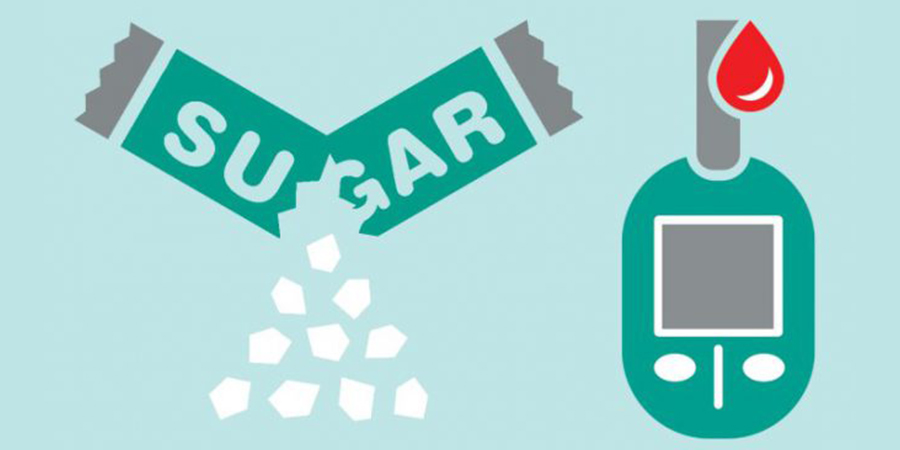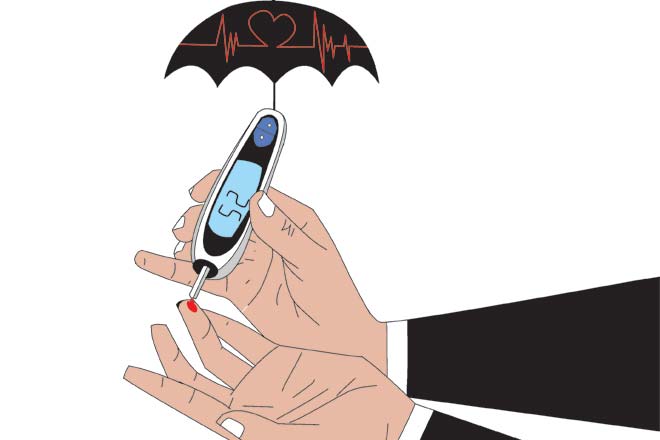Health Insurance
Health Insurance

Health policy refers to decisions, plans, and actions that are undertaken to achieve specific health care goals within a society. An explicit health policy can achieve several things: it defines a vision for the future which in turn helps to establish targets and points of reference for the short and medium term. It outlines priorities and the expected roles of different groups; and it builds consensus and informs people. Health insurance is an insurance that covers the whole or a part of the risk of a person incurring medical expenses, spreading the risk over a large number of persons.
Diabetes Plan Insurance
Diabetes plan is specifically designed for diabetic person. ( Diabetes is a chronic disease that not only affects the pancreas' ability to produce insulin but also impacts the entire body ).
WHY NEED THIS INSURANCE PLAN

For a healthy individual, having a health cover plan like a mediclaim, with adequate sum insured, could be enough to meet the hospitalization costs arising out of a diabetic situation. ... Therefore, on detection of diabetes, a diabetes specific insurance plan helps Diabetes is a chronic disease that not only affects the pancreas' ability to produce insulin but also impacts the entire body. There could be further complications caused due to diabetes, including heart disease, stroke, kidney failure, vision loss and neuropathy or nerve damage. Hence, for a diabetes patient, a diabetes specific insurance plan can address the hospitalisation concerns better.
There is another reason that makes diabetes specific insurance plan important. "Generally, health insurance plans treat diabetes as a pre-existing disease and put a waiting period on the policy, which is around 12 months to 2 years, but can sometimes go up to 4 years. So it is sensible to buy a diabetes specific plan which is way more comprehensive than the health plans and also covers various complexities,
Rising incidence of diabetes:
with diabetes on the rise because of changing lifestyles and genetic predisposition, diabetes-related deaths in India have witnessed a 50 per cent increase between 2005 and 2015. It is now the seventh-most common cause of death in the country, up from the 11th rank in 2005, according to data published by the Global Burden of Disease (GBD), a WHO project. There are 69.1 million diabetes patients in India, the second-highest number in the world after China (109 million). According to the International Diabetes Federation (IDF) estimates, India is predicted to have 123 million diabetes cases in the 20-79 age groups by 2040.

